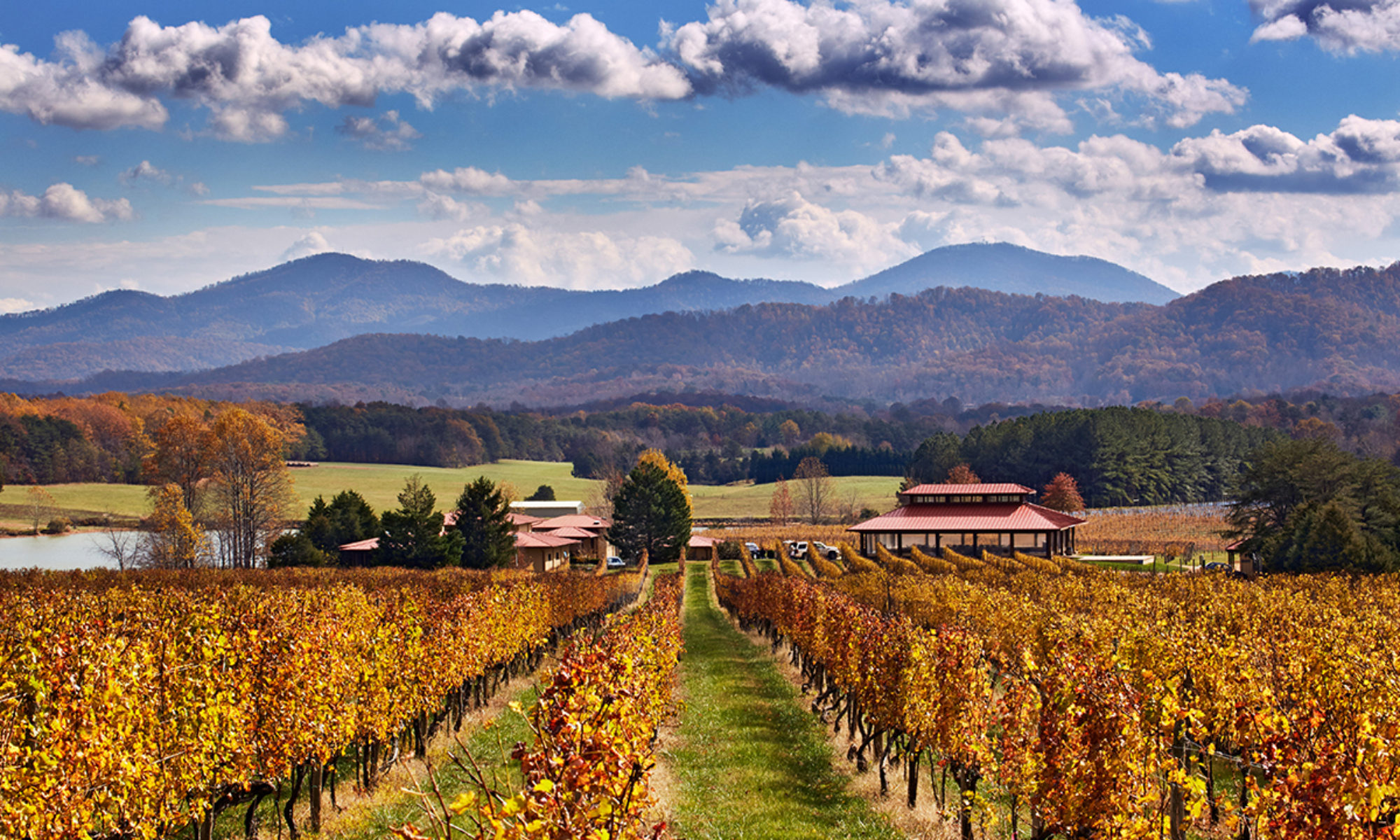Located on the east side of Leesburg on Harrison Hill Lane, Eagletree is a new/old member of the Leesburg-area wine scene. Owners Lori McKeever and Jeff Judge had run McKeever’s Pub in McLean for three decades, while owning a farm in the same pocket of land near the Potomac which was increasingly inhabited by wineries (Lost Creek, Winery 32 and Fabbioli Cellars among others). Their farm, since 1998, included a vineyard whose grapes were sold to other area wineries. In 2018 they chucked the pub and moved the dismantled pub to their farm, while adding a winery and restaurant. Jeff, as head cook and bartender at the pub, now does the same thing but at home.
Wine. Tier III. This is not, at least for now, a competition-oriented winery. Grapes that were being sold to others are now being used in the new on-site winery. For now there is Cabernet Franc, Tannat, Chardonnay, and a red blend called “Talon.” Other than Merlot, all the wines are from estate-grown grapes.
Setting. Tucked away on a partially-dirt road off of US Highway 15, this is a small restaurant which sells its (good) wine. While focused on pizza, Jeff’s specialty, the 40-seat restaurant has many other options. The farm also offers blueberry picking in the Summer.
Stories. Loudoun opens for settlement: The Treaty of Albany. There is a strange ring to the fact that Loudoun County (or what would become Loudoun County three decades later) was opened for settlement through a piece of paper signed in upstate New York, yet such is the case. All because of beavers. The story takes one back to the early 1600s. The powerful Iroquois Confederacy, created when five previously competing tribes decided to stop fighting each other and to work together, stayed on their ancestral lands that would become New York State. Then came the Europeans, and their insatiable demands for beaver furs to ship back to Europe. By the late 1600s, the Iroquois had changed tack and sought to take control of the highly lucrative fur trade from other tribes, and in the “Beaver Wars” had taken control of territory along the mountains as far south as the Tennessee River. In the northern reaches of Virginia Colony, traders were welcome to buy furs, but for decades it was unsafe for any Europeans to settle along the paths which the Iroquois traveled. The Iroquois though were under pressure from settlers all along their territories. In 1722, the Tuscarora, losers of a war against the settlers of the Carolinas, migrated north along the “Carolina Road” to New York, and the “Five Nations” confederacy became the “Six Nations.” That same year, 1722, the Iroquois made major concessions when Alexander Spotswood, Lieutenant Governor of Virginia Colony, traveled to New York and got the Iroquois leaders to sign what became known as the Treaty of Albany. In that Treaty, Iroquois chiefs “agree to this Article & faithfully promise not to pass over the great River Kahongoronton which the English call Potowmack nor the great Rid[g]e of Mountains which extend along your Frontiers.” Under this Treaty the Iroquois abandoned all lands east of the Blue Ridge Mountains to the colony of Virginia, creating a sea-change in conditions in the north of Virginia Colony. In less than a decade, colonists and new immigrants of a wide variety of ethnic and religious backgrounds began settling the lands that would become Loudoun County. The Treaty of Albany also wrapped in the few Delaware tribe members in the area, as it not only prohibited the Iroquois and their subordinate tribes from occupying any previous settlements east of Blue Ridge, but also blocked the Piscataway, or Conoy, tribe from the village they occupied on an island in the Potomac River at what is now called Heater’s Island near Point of Rocks, downstream from the present US Highway 15 bridge. So when in Loudoun, don’t forget to thank the New Yorkers, and the beavers.
